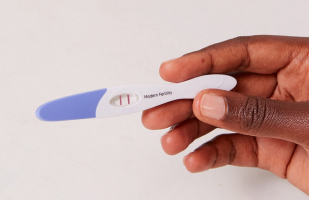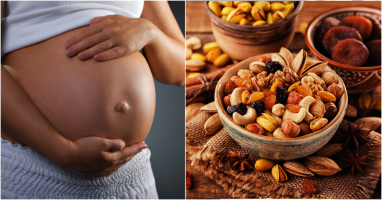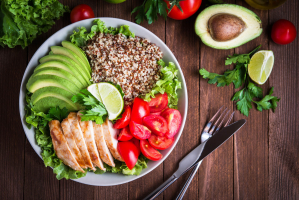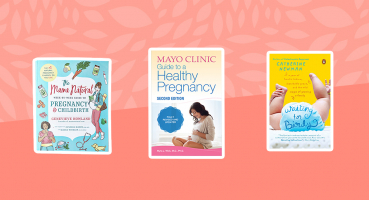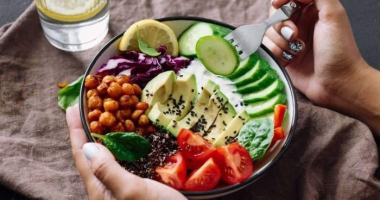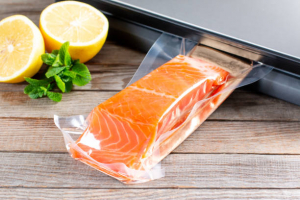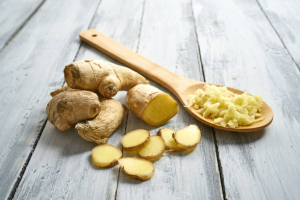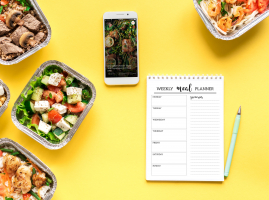Top 5 Nutritional Tips During Pregnancy
You require more nutrients during pregnancy, such as protein, iron, folic acid, and iodine. It's crucial to get enough calcium. You may have a healthy ... read more...pregnancy and a healthy baby by making wise food choices. Here are some nutritional recommendations to help you stay healthy while pregnant.
-
Some foods are referred to as "superfoods" because they are higher in nutrients or beneficial compounds than other foods. These foods can be a good way to increase your intake of vitamins, minerals, and antioxidants.
Foods high in vitamins and minerals should be considered while choosing what to eat. According to the Dietary Guidelines for Americans published by the U.S. Department of Agriculture, a diet high in fresh fruit and vegetables, lean meats, plant-based proteins like beans and lentils, whole grains, dairy products like yogurt, kefir, cheese, and milk (or calcium and vitamin D fortified alternatives), as well as plant-based fats like nuts, seeds, avocado, and olive oil are all recommended. Additionally, protein needs increase by about 25 grams a day during pregnancy. Some nutrient-rich foods that deliver protein are beans, beef, chicken, egg, Fish: 6 grams per ounce, Greek yogurt,...
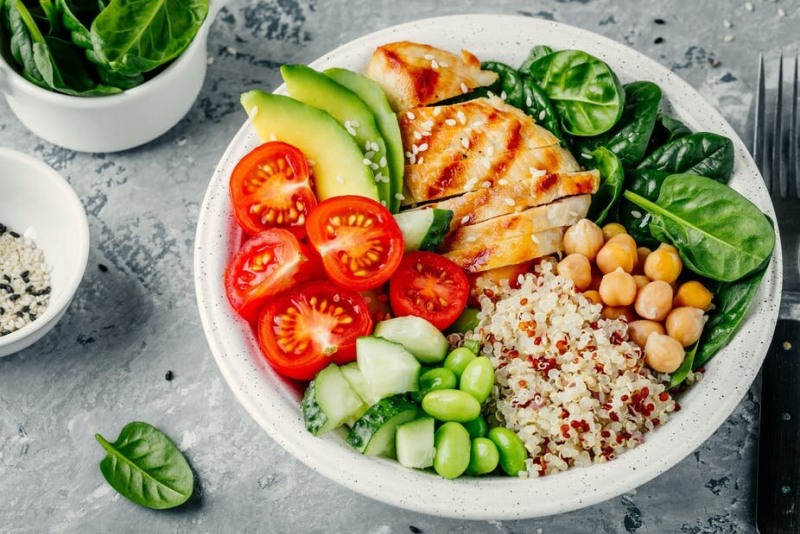
Choose Nutrient-Dense Foods 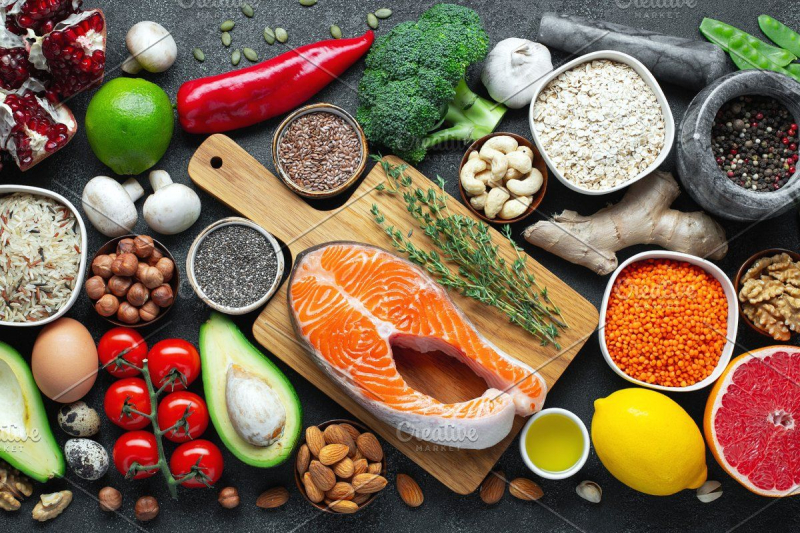
Choose Nutrient-Dense Foods -
Snacking is a good way to add additional nutrient-rich foods to your day and give yourself some extra fuel. Yogurt high in calcium, fruits high in fiber, nuts and seeds, and lean meats make for the best snacks. As your baby grows in the second and third trimester, snacks can also be a useful way to ease some of the digestive discomforts that may result from larger meals, including heartburn.
Suggestions for snacks include:
- Almond butter toast and a decaf latte
- Black bean, corn, and salsa salad
- Chia pudding made with milk, diced apple, cinnamon, maple syrup, and pistachios
- Edamame
- Hard-boiled eggs and carrot sticks dipped in hummus
- Overnight oats made with milk, peanut butter, and banana
- Salmon salad on whole-grain toast
- String cheese, an apple, and cashews
- Yogurt with berries and chopped walnuts
- ...
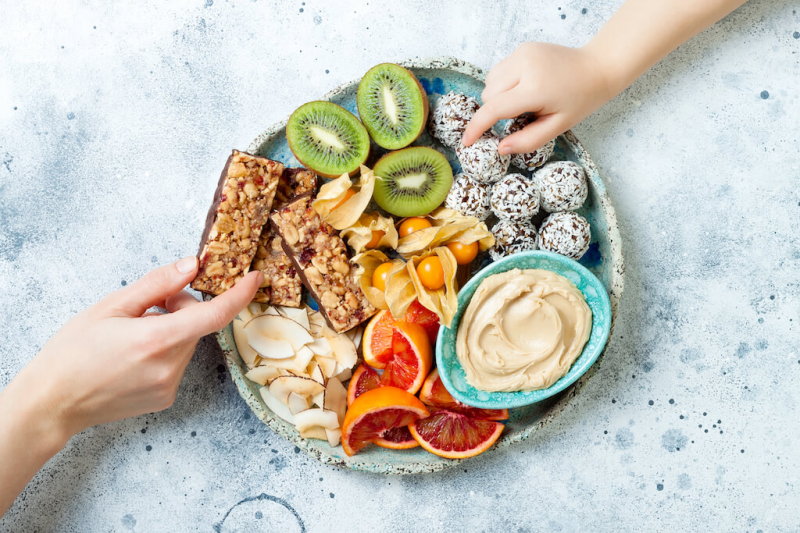
Choose Nutrient-Dense Foods 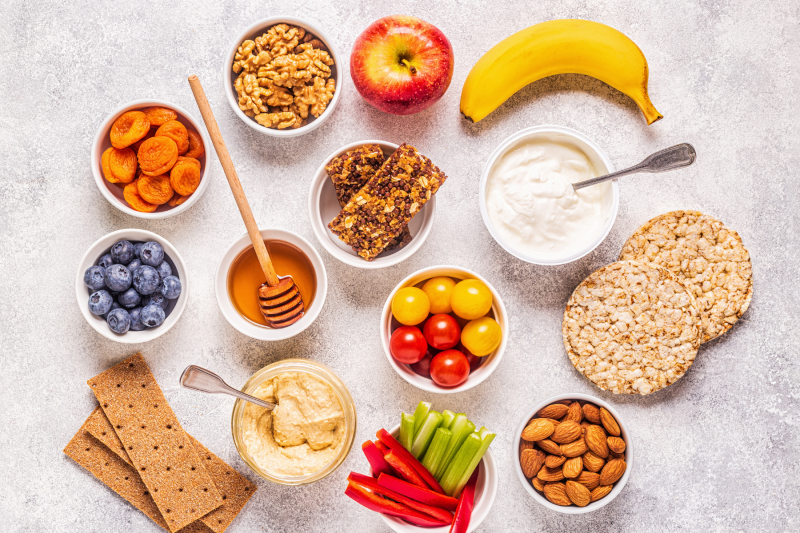
Choose Nutrient-Dense Foods -
Some typical stomach discomforts of pregnancy may be alleviated by eating smaller, more frequent meals. Some experts think eating smaller, more frequent meals (specifically, five or six mini meals instead of the old breakfast, lunch and dinner) can help alleviate some of the discomforts of pregnancy, including nausea, gas, bloating, constipation, headaches and fatigue.
Try eating some snacks if you're feeling sick, want to throw up, or have heartburn. Smaller, more frequent meals may also help you feel more comfortable as your baby grows and takes up more abdominal space. Make sure those mini-meals are nutritious by including lots of fruits, vegetables, whole grains, low-fat dairy, and lean protein to support your baby's growth. Keep in mind that your baby gets the nutrients he needs first.
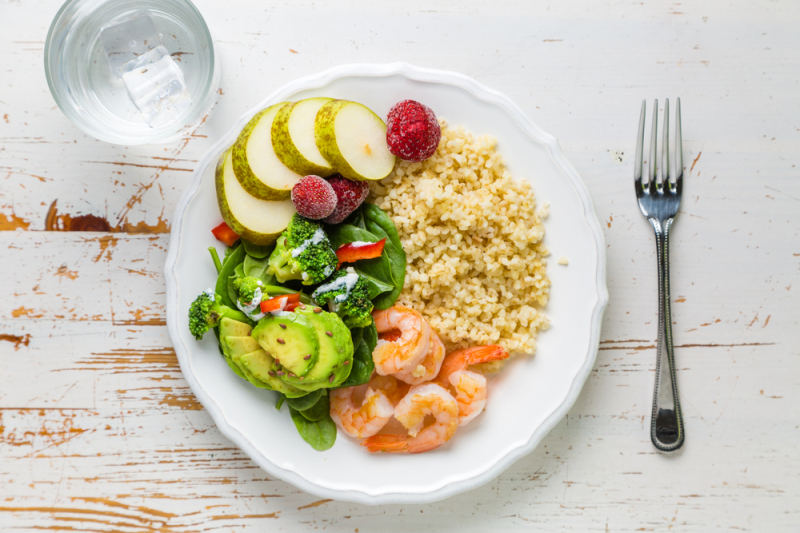
Enjoy Smaller, Frequent Meals 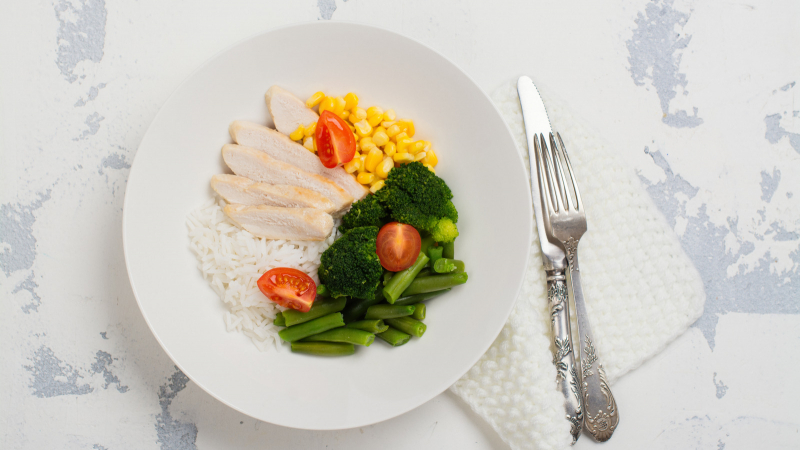
Enjoy Smaller, Frequent Meals -
One of the most crucial things you can do while pregnant is to gain enough weight to support your growing baby and have a healthy pregnancy.
As you and your unborn child grow, it is ideal to aim for steady weight gain during pregnancy. It has been suggested that you gain 25 to 35 pounds when pregnant. However, that range only applies to persons whose body mass index (BMI) is within the "normal weight" range pre-pregnancy. However, keep in mind that each person's weight increase will look a little different because no two bodies are exactly the same. Your doctor will give you guidance on how much weight to gain. It's crucial to keep in mind that everybody needs to gain weight in order to sustain a healthy pregnancy, so don't obsess with it.
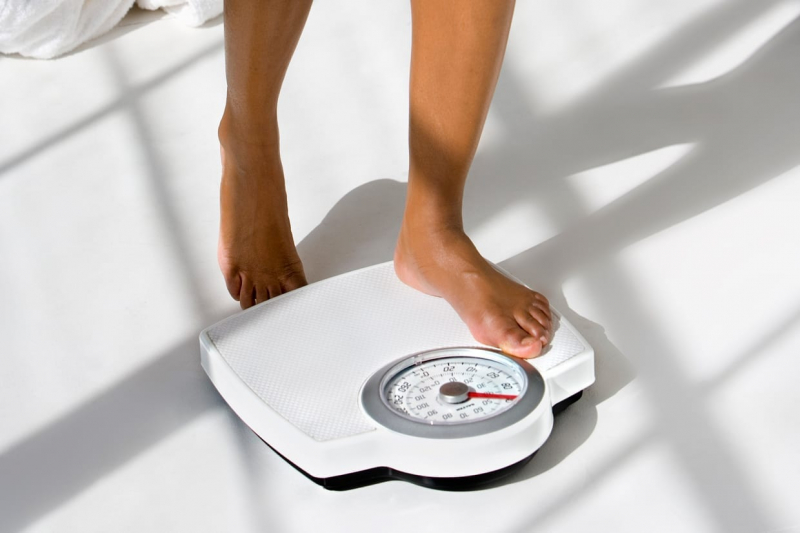
Gain Weight Slowly 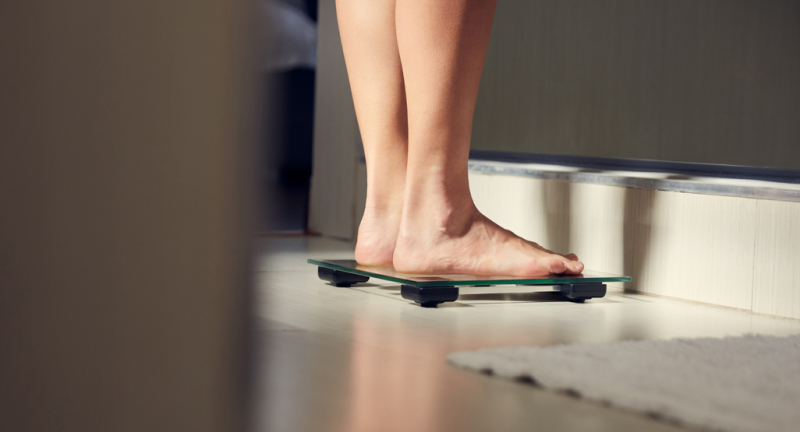
Gain Weight Slowly -
Water is a wonder drink. Drink as much water as is advised each day, if at all possible. During pregnancy, as blood volume and amniotic fluid both rise, so do your fluid requirements. The American College of Obstetricians and Gynecologists advises drinking 8–12 cups of tea each day
Pregnancy symptoms like morning sickness and nausea may be lessened by staying hydrated. In contrast, dehydration, particularly if it happens during your third trimester, might trigger pre-term labor and contractions. Use water to hydrate rather than energy drinks. Limit your intake of soda and caffeine. Switch to fruit drinks and juices in place of soda and coffee, but make sure to keep your intake of fruit juices under control to avoid consuming too much sugar too quickly.

Drink Healthy 
Drink Healthy











